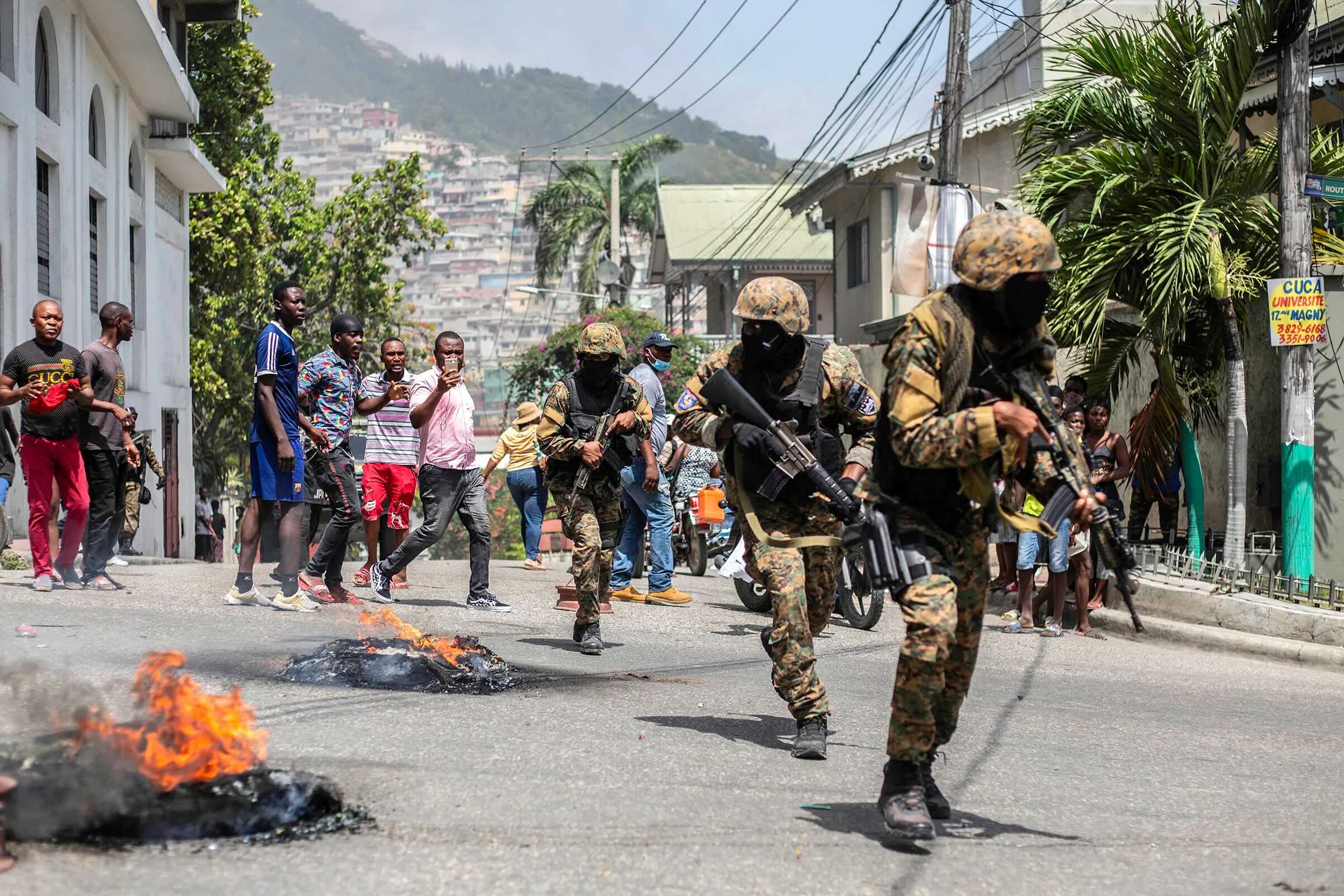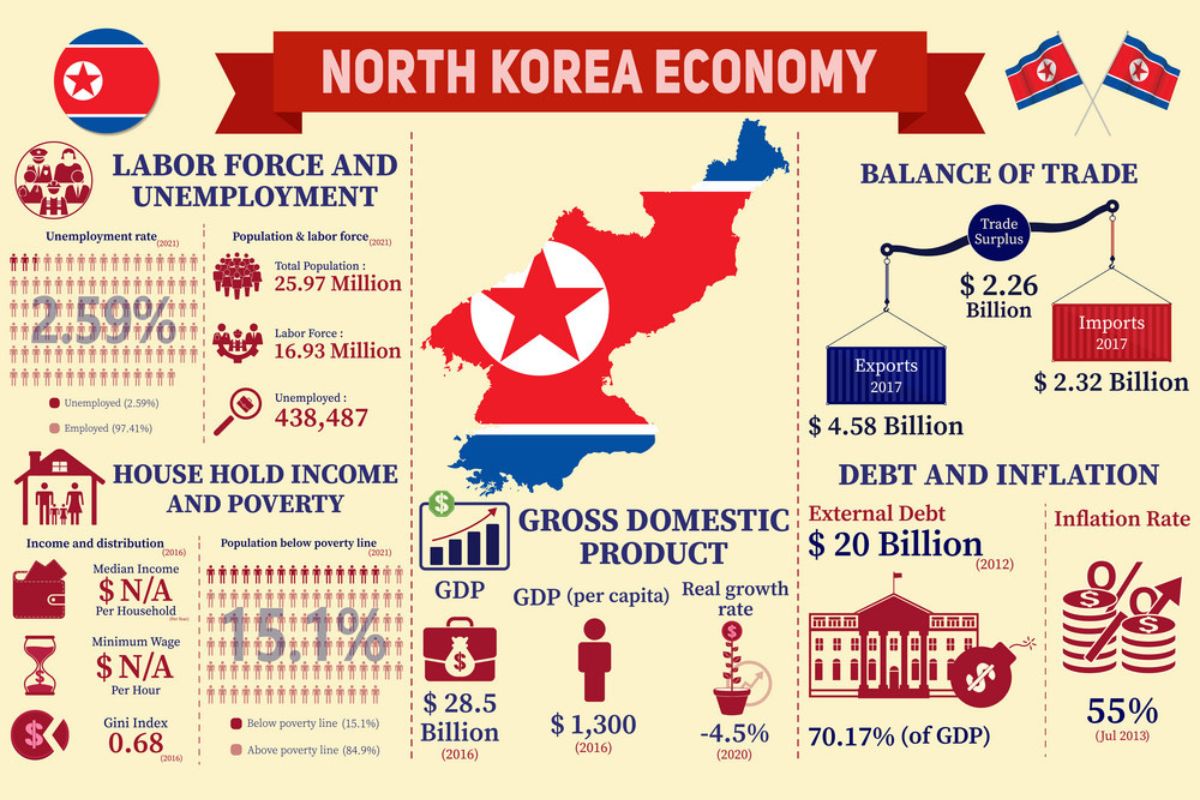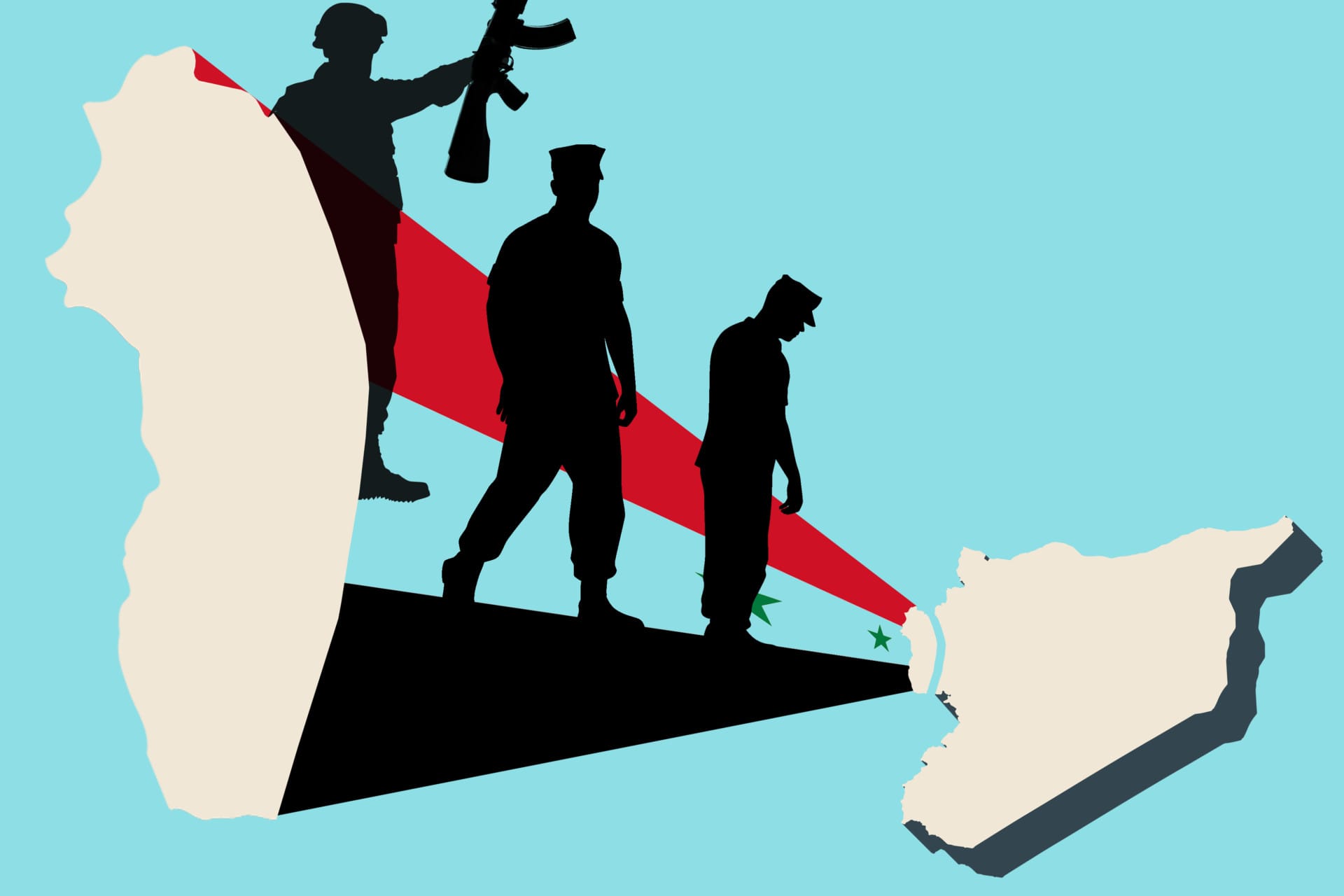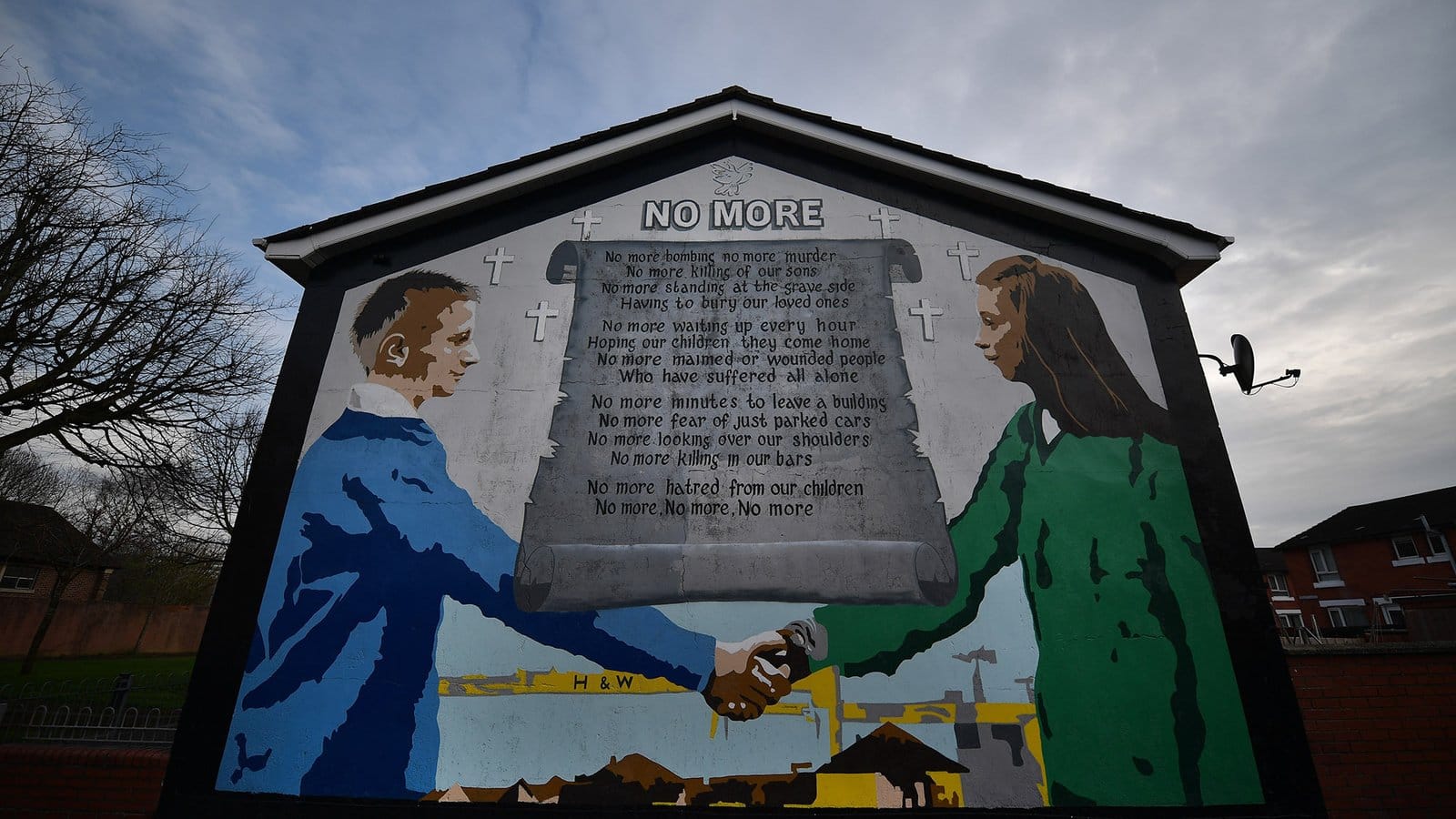The crisis unfolding in Haiti represents a complex and multilevel challenge that has gripped the nation in a relentless cycle of turmoil and suffering. Defined by deep-rooted political instability, pervasive extreme poverty, and the seismic impact of President Jovenel Moïse’s assassination in 2021, Haiti finds itself at a critical crossroads. This pivotal moment has not only exposed the fragility of the country’s governance structures but has also unleashed a wave of violence and chaos, with armed gangs seizing control of significant territories.
The repercussions of these events have reverberated throughout the nation, plunging its population into a harrowing humanitarian predicament marked by widespread insecurity, scarcity of basic necessities, and a profound sense of vulnerability. Against the backdrop of historical challenges and contemporary crises, Haiti stands at a precipice, calling for urgent attention, concerted action, and a collective resolve to navigate the turbulent waters of uncertainty towards a brighter and more stable future for its people. In this article we will delve deeper into the current situation of Haiti along with its root cause and finally attempt to find plausible solutions for betterment of the region.
Why Haiti’s Ongoing Crisis is a Deep-rooted One?
All the views and opinions expressed are those of the author. Image Credit – Time.
About the Author
Mahima Sharma is an editorial staff at The Viyug. She is a research analyst at the Global Strategic & Defence News. She holds a Bachelors degree in Political Science from Panjab University.



